Experts, industrialists, and pollution control officials are convinced that Alka Zadgaonkar’s technology to create fuel out of plastic waste is here to stay.
NAGPUR: Experts, industrialists, and pollution control officials are convinced that Alka Zadgaonkar’s technology to create fuel out of plastic waste is commercially viable and here to stay.
Subba Rao, head of the department of polymers at Amrita University, Coimbatore, said: “The country has to grab this technology. Let the world dump its plastic waste here, we will convert it into fuel.”
Rao, an authority on polymers, has visited the lab and come away convinced. He said that in future crude could be imported in the form of plastic and converted into fuel. “The central and state governments will have to take the initiative in setting up such projects along the ports,” he said. “This is interesting since it gets rid of plastic waste and returns fuel.”
“It’s the ultimate answer to plastic waste management,” said TK Bandopadhyay, consultant to the Indian Centre for Plastics in Environment (ICPE), New Delhi. “Plastic conversion is not new, but this technology is the only continuous process in the world. The biggest advantage is that you don’t have to segregate the plastic or clean it before sending it for conversion.”
ICPE has decided to collaborate with the Unique Waste Plastic Management and Research Company Private Ltd to refine the technology and add value to the end product.
“The thing to keep in mind is that this fuel cannot become a substitute to petrol, though it could become an inexpensive alternative for industrial use,” said Dr Shashikant Sharma, IPCL's GM (R&D). The Zadgonkars too have been stressing this.
Umesh Zadgaonkar said the fuel will become commercially viable when raw material is easily available. A system must be developed to generate the fuel at urban centres and make it available at cheaper rates to industrial units, he said. He regretted that scientists had not welcomed the breakthrough “probably because they think it’s a small-town invention”.
Experts, industrialists, and government officials have been to the plant after reading newspaper reports. IPCL and IOC showed keen interest after Alka gave successful demonstrations in New Delhi in the presence of Ram Naik, then petroleum minister. Naik asked his officials to support the Zadgaonkars with tests and refinement. That was in 2003. "Since then, news has spread within the industry and visitors have been pouring in to see our plant," Umesh said. The Zadgaonkars even obtained a report on characterisation of liquid distillate extracted from plastic waste from the Indian Institute of Petroleum in Dehra Dun.
In June 2005, a consultant of Reliance Industries visited the plant to witness the process, and expressed his interest in a joint venture. But there are a few practical difficulties in spreading the use of the technology. As PN Devarajan, former chairman of the National Environmental Engineering Research Institute (NEERI), said, “The catalyst they have come up with is their property and that's the basic hurdle. This is a neat solution as against other bio-degradable polymers. But it needs to be known how they will make the catalyst available to those wanting to set up such plants.”
Devarajan visited the plant with his team in July. “Anyone investing in such a plant will need written and oral assurance that the catalyst, the key to the conversion, will be available continuously,” he said. “They should look at licensing the manufacture of the catalyst.”
He said that the best thing, however, is that the first plant is running full steam. “The first plant is the most difficult one and if that has succeeded it will catch up really fast,” Devarajan said. On October 10, Rajasthan's Minister for Social Welfare and Coordination Madan Dilawar visited the plant and took a test ride on a vehicle powered by fuel derived from plastic waste. He later declared that he wants to set up a private plant in his state in collaboration with the Zadgaonkars.
Dilip Biswas, former chairman of the Central Pollution Control Board, said the Zadgaonkars must have a certificate establishing the project's scientific validity. He had visited the plant with Dr Rita Kumar of the Council of Scientific and Industrial Research, and Dr SP Chakraborti, senior vice-president of Reliance Industries.
![submenu-img]() Aamir Khan was unsure if censor board would clear Sarfarosh over mentions of Pakistan, ISI: 'If Advani ji can say...'
Aamir Khan was unsure if censor board would clear Sarfarosh over mentions of Pakistan, ISI: 'If Advani ji can say...'![submenu-img]() Gurucharan Singh missing case: Delhi Police questions TMKOC cast and crew, finds out actor's payments were...
Gurucharan Singh missing case: Delhi Police questions TMKOC cast and crew, finds out actor's payments were...![submenu-img]() 'You all are scaring me': Preity Zinta gets uncomfortable after paps follow her, video goes viral
'You all are scaring me': Preity Zinta gets uncomfortable after paps follow her, video goes viral![submenu-img]() Viral video: Influencer dances with gun in broad daylight on highway, UP Police reacts
Viral video: Influencer dances with gun in broad daylight on highway, UP Police reacts![submenu-img]() Family applauds and cheers as woman sends breakup text, viral video will make you laugh
Family applauds and cheers as woman sends breakup text, viral video will make you laugh![submenu-img]() DNA Verified: Is CAA an anti-Muslim law? Centre terms news report as 'misleading'
DNA Verified: Is CAA an anti-Muslim law? Centre terms news report as 'misleading'![submenu-img]() DNA Verified: Lok Sabha Elections 2024 to be held on April 19? Know truth behind viral message
DNA Verified: Lok Sabha Elections 2024 to be held on April 19? Know truth behind viral message![submenu-img]() DNA Verified: Modi govt giving students free laptops under 'One Student One Laptop' scheme? Know truth here
DNA Verified: Modi govt giving students free laptops under 'One Student One Laptop' scheme? Know truth here![submenu-img]() DNA Verified: Shah Rukh Khan denies reports of his role in release of India's naval officers from Qatar
DNA Verified: Shah Rukh Khan denies reports of his role in release of India's naval officers from Qatar![submenu-img]() DNA Verified: Is govt providing Rs 1.6 lakh benefit to girls under PM Ladli Laxmi Yojana? Know truth
DNA Verified: Is govt providing Rs 1.6 lakh benefit to girls under PM Ladli Laxmi Yojana? Know truth![submenu-img]() Mother's Day 2024: Bollywood supermoms who balance motherhood, acting, and run multi-crore businesses
Mother's Day 2024: Bollywood supermoms who balance motherhood, acting, and run multi-crore businesses![submenu-img]() Rocky Aur Rani's Golu aka Anjali Anand shocks fans with drastic weight loss without gym, says fitness secret is...
Rocky Aur Rani's Golu aka Anjali Anand shocks fans with drastic weight loss without gym, says fitness secret is...![submenu-img]() In pics: Ram Charan gets mobbed by fans during his visit to Pithapuram for ‘indirect campaign’ for uncle Pawan Kalyan
In pics: Ram Charan gets mobbed by fans during his visit to Pithapuram for ‘indirect campaign’ for uncle Pawan Kalyan![submenu-img]() Streaming This Week: Yodha, Aavesham, Murder In Mahim, Undekhi season 3, latest OTT releases to binge-watch
Streaming This Week: Yodha, Aavesham, Murder In Mahim, Undekhi season 3, latest OTT releases to binge-watch![submenu-img]() Aamir Khan, Naseeruddin Shah, Sonali Bendre celebrate 25 years of Sarfarosh, attend film's special screening
Aamir Khan, Naseeruddin Shah, Sonali Bendre celebrate 25 years of Sarfarosh, attend film's special screening![submenu-img]() Haryana Political Crisis: Will 3 independent MLAs support withdrawal impact the present Nayab Saini led-BJP government?
Haryana Political Crisis: Will 3 independent MLAs support withdrawal impact the present Nayab Saini led-BJP government?![submenu-img]() DNA Explainer: Why Harvey Weinstein's rape conviction was overturned, will beleaguered Hollywood mogul get out of jail?
DNA Explainer: Why Harvey Weinstein's rape conviction was overturned, will beleaguered Hollywood mogul get out of jail?![submenu-img]() What is inheritance tax?
What is inheritance tax?![submenu-img]() DNA Explainer: What is cloud seeding which is blamed for wreaking havoc in Dubai?
DNA Explainer: What is cloud seeding which is blamed for wreaking havoc in Dubai?![submenu-img]() DNA Explainer: What is Israel's Arrow-3 defence system used to intercept Iran's missile attack?
DNA Explainer: What is Israel's Arrow-3 defence system used to intercept Iran's missile attack?![submenu-img]() Aamir Khan was unsure if censor board would clear Sarfarosh over mentions of Pakistan, ISI: 'If Advani ji can say...'
Aamir Khan was unsure if censor board would clear Sarfarosh over mentions of Pakistan, ISI: 'If Advani ji can say...'![submenu-img]() Gurucharan Singh missing case: Delhi Police questions TMKOC cast and crew, finds out actor's payments were...
Gurucharan Singh missing case: Delhi Police questions TMKOC cast and crew, finds out actor's payments were...![submenu-img]() 'You all are scaring me': Preity Zinta gets uncomfortable after paps follow her, video goes viral
'You all are scaring me': Preity Zinta gets uncomfortable after paps follow her, video goes viral![submenu-img]() First Indian film to be insured was released 25 years ago, earned five times its budget, gave Bollywood three stars
First Indian film to be insured was released 25 years ago, earned five times its budget, gave Bollywood three stars![submenu-img]() Mother’s Day Special: Mom-to-be Richa Chadha talks on motherhood, fixing inequalities for moms in India | Exclusive
Mother’s Day Special: Mom-to-be Richa Chadha talks on motherhood, fixing inequalities for moms in India | Exclusive![submenu-img]() Kolkata Knight Riders become first team to qualify for IPL 2024 playoffs after thumping win over Mumbai Indians
Kolkata Knight Riders become first team to qualify for IPL 2024 playoffs after thumping win over Mumbai Indians![submenu-img]() IPL 2024: This player to lead Delhi Capitals in Rishabh Pant's absence against Royal Challengers Bengaluru
IPL 2024: This player to lead Delhi Capitals in Rishabh Pant's absence against Royal Challengers Bengaluru![submenu-img]() RCB vs DC IPL 2024: Predicted playing XI, live streaming details, weather and pitch report
RCB vs DC IPL 2024: Predicted playing XI, live streaming details, weather and pitch report![submenu-img]() CSK vs RR IPL 2024: Predicted playing XI, live streaming details, weather and pitch report
CSK vs RR IPL 2024: Predicted playing XI, live streaming details, weather and pitch report![submenu-img]() RCB vs DC IPL 2024 Dream11 prediction: Fantasy cricket tips for Royal Challengers Bengaluru vs Delhi Capitals
RCB vs DC IPL 2024 Dream11 prediction: Fantasy cricket tips for Royal Challengers Bengaluru vs Delhi Capitals![submenu-img]() Viral video: Influencer dances with gun in broad daylight on highway, UP Police reacts
Viral video: Influencer dances with gun in broad daylight on highway, UP Police reacts![submenu-img]() Family applauds and cheers as woman sends breakup text, viral video will make you laugh
Family applauds and cheers as woman sends breakup text, viral video will make you laugh![submenu-img]() Man grabs snake mid-lunge before it strikes his face, terrifying video goes viral
Man grabs snake mid-lunge before it strikes his face, terrifying video goes viral![submenu-img]() Viral video: Man wrestles giant python, internet is scared
Viral video: Man wrestles giant python, internet is scared![submenu-img]() Viral video: Delhi University girls' sizzling dance to Haryanvi song sets the internet ablaze
Viral video: Delhi University girls' sizzling dance to Haryanvi song sets the internet ablaze
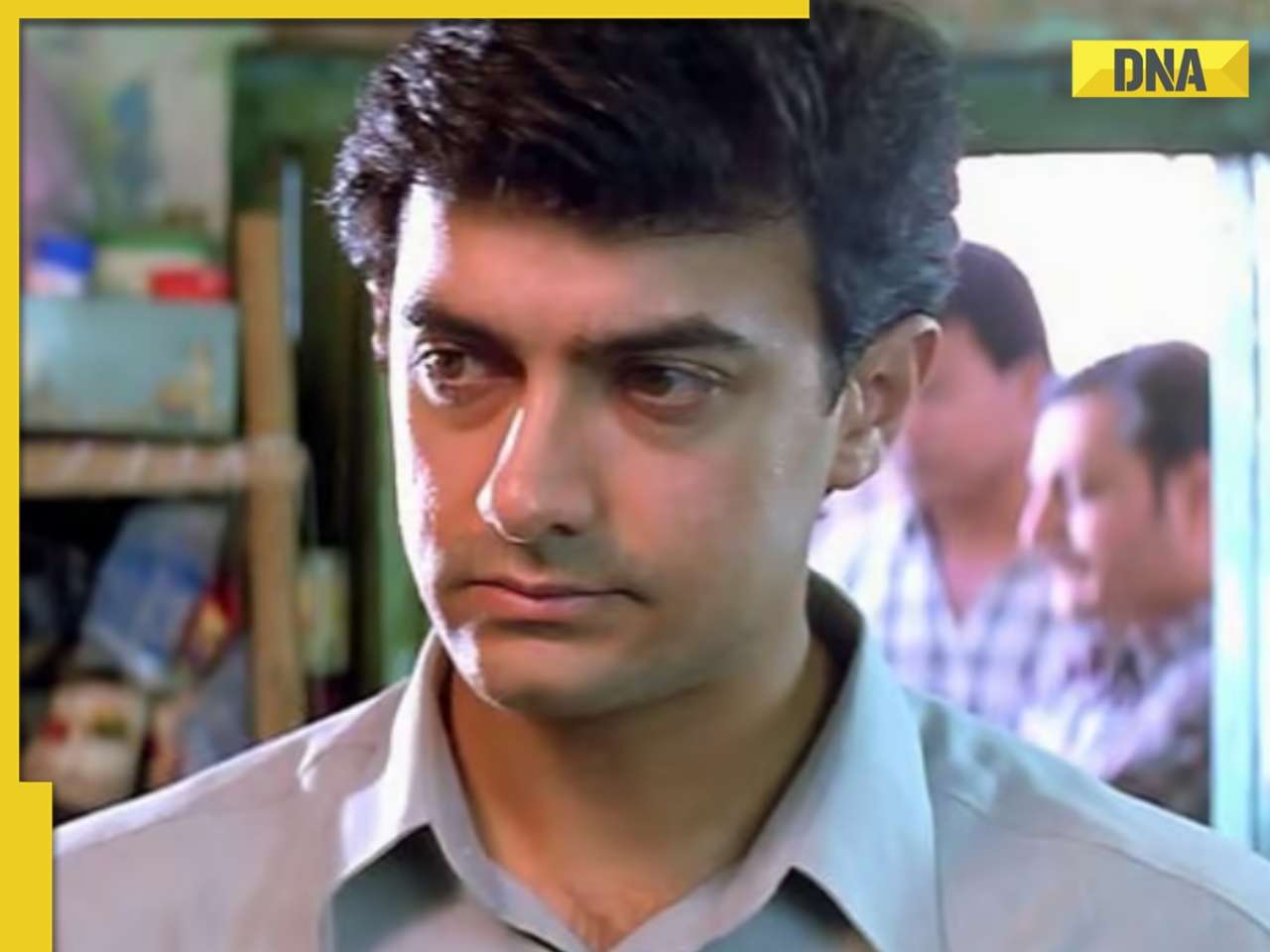
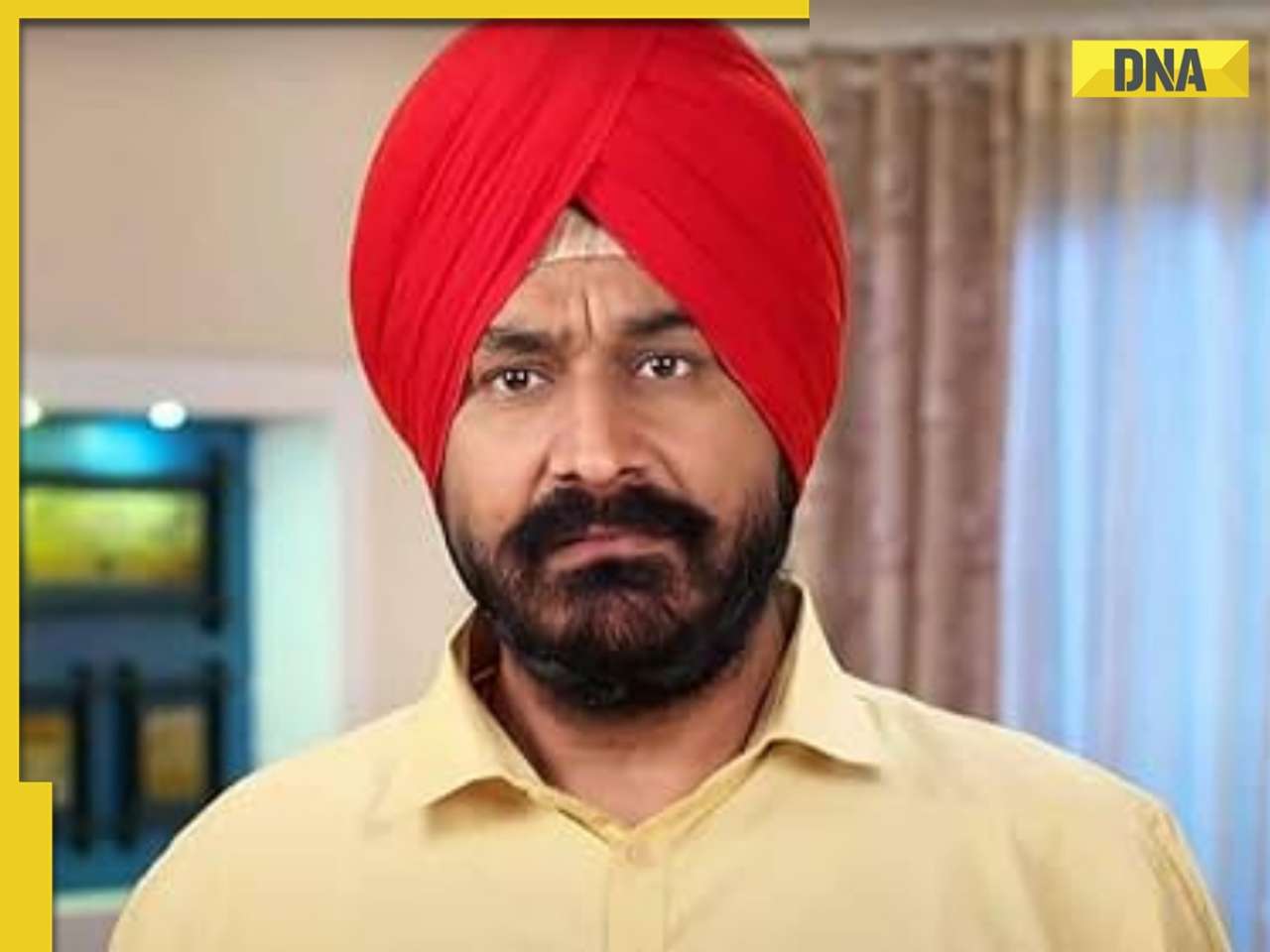
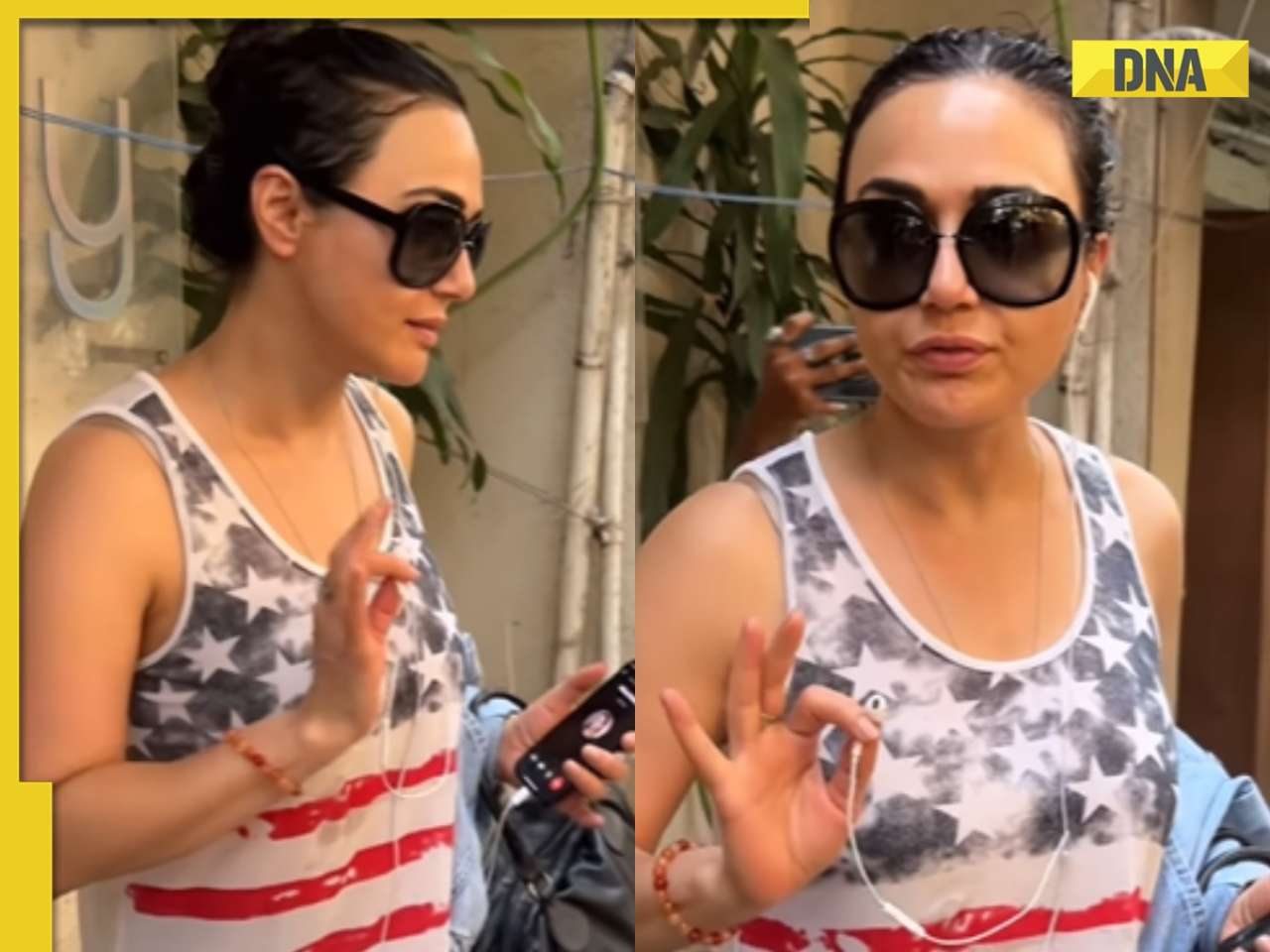






















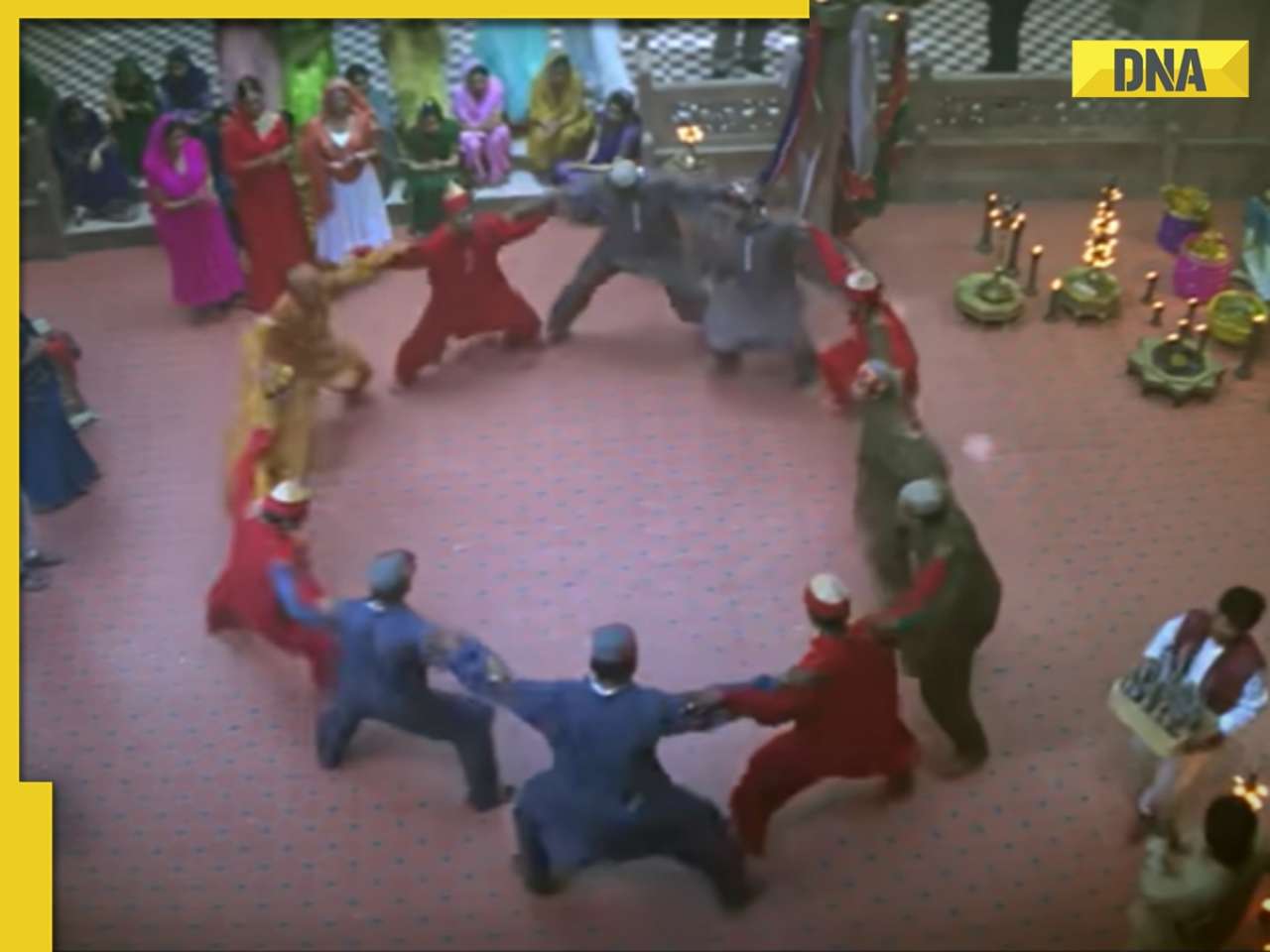

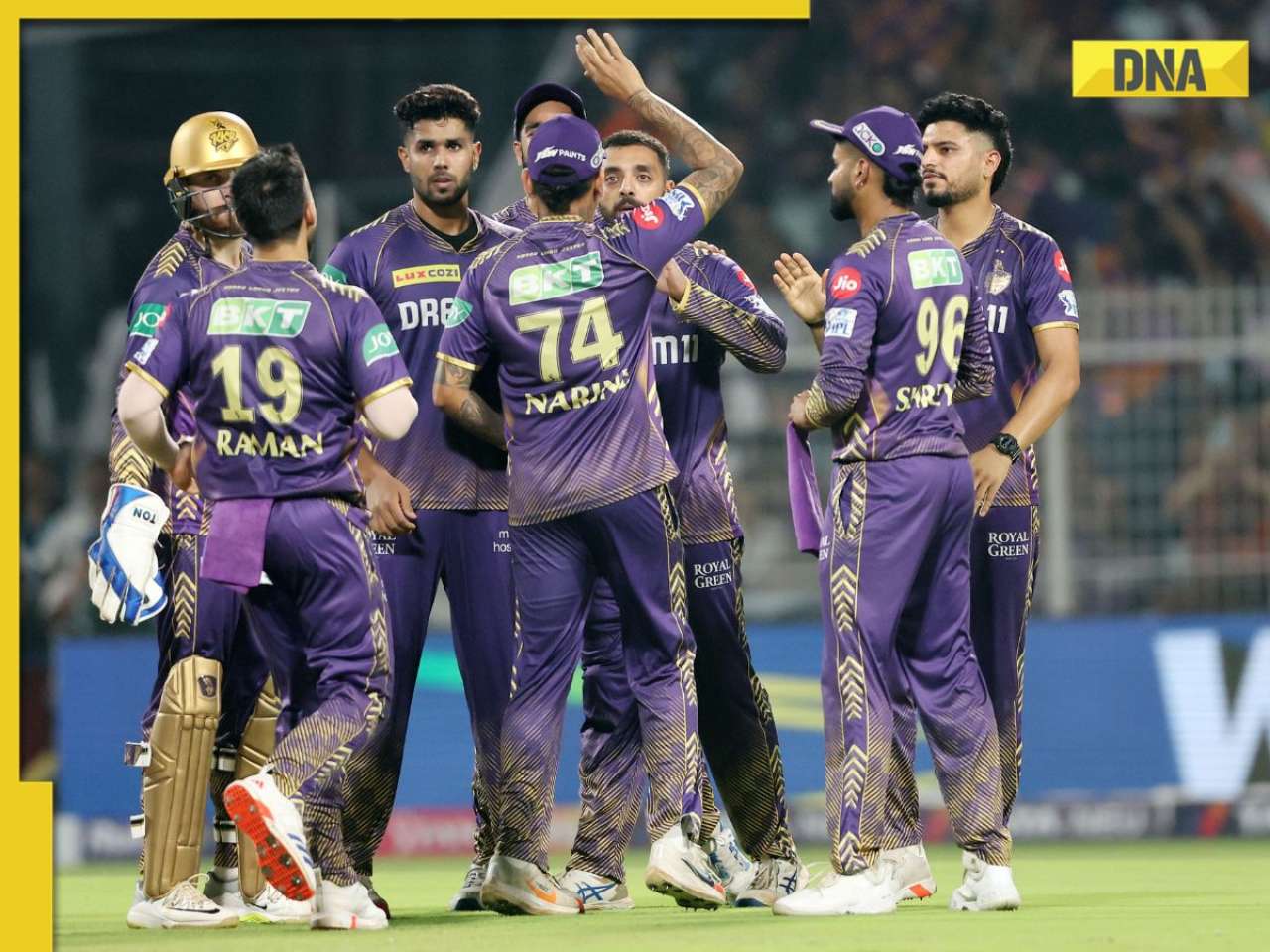
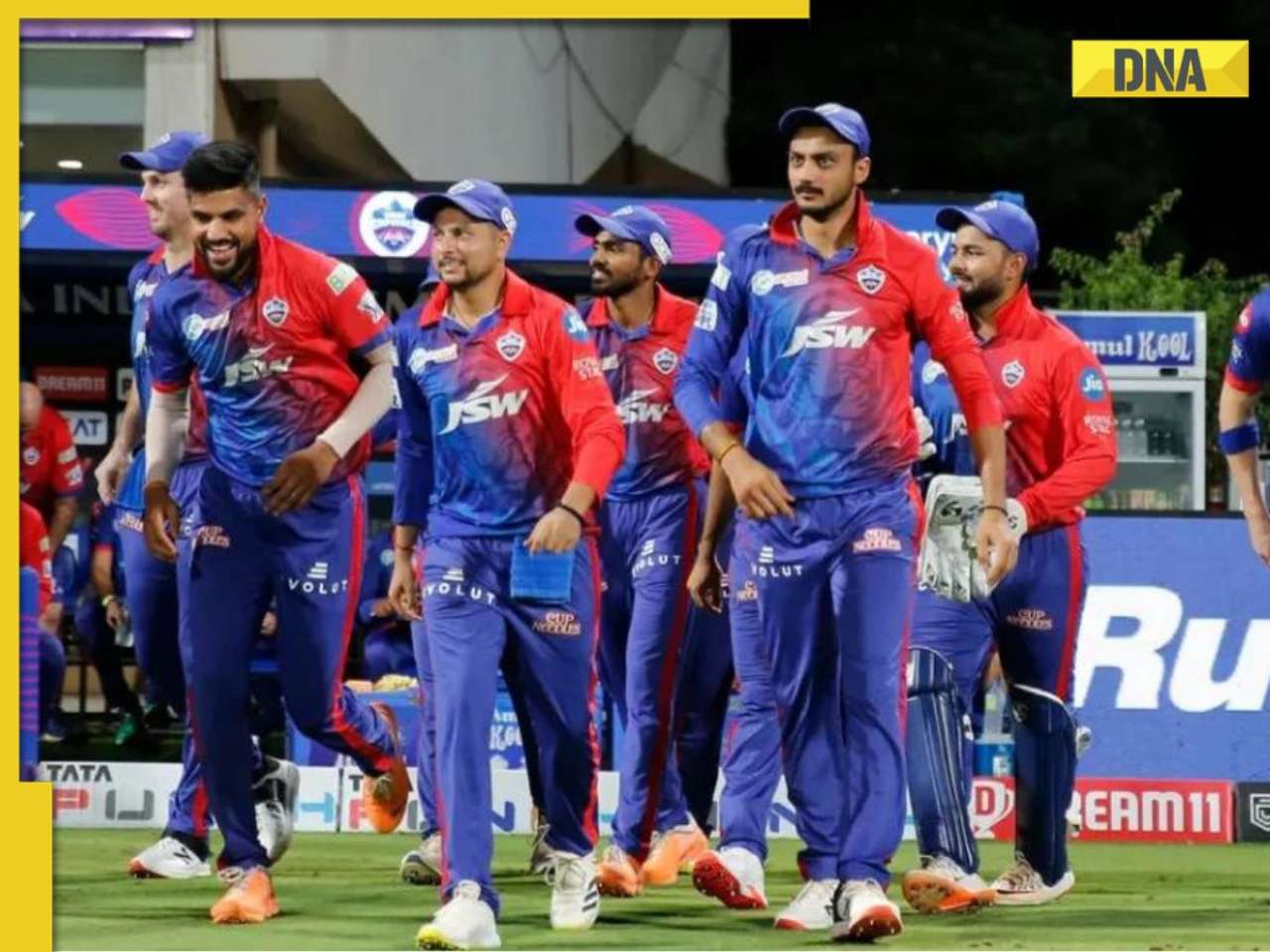
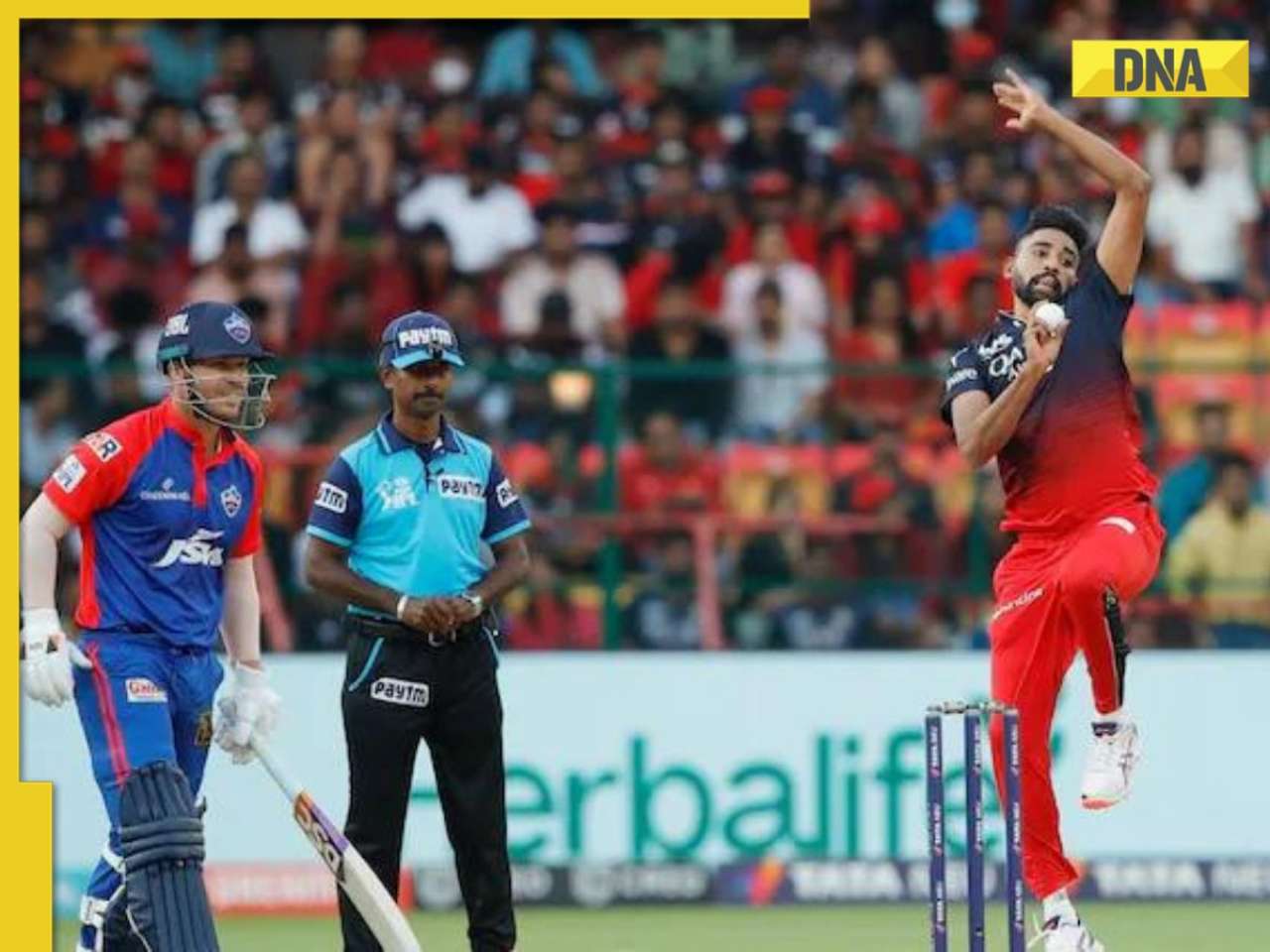
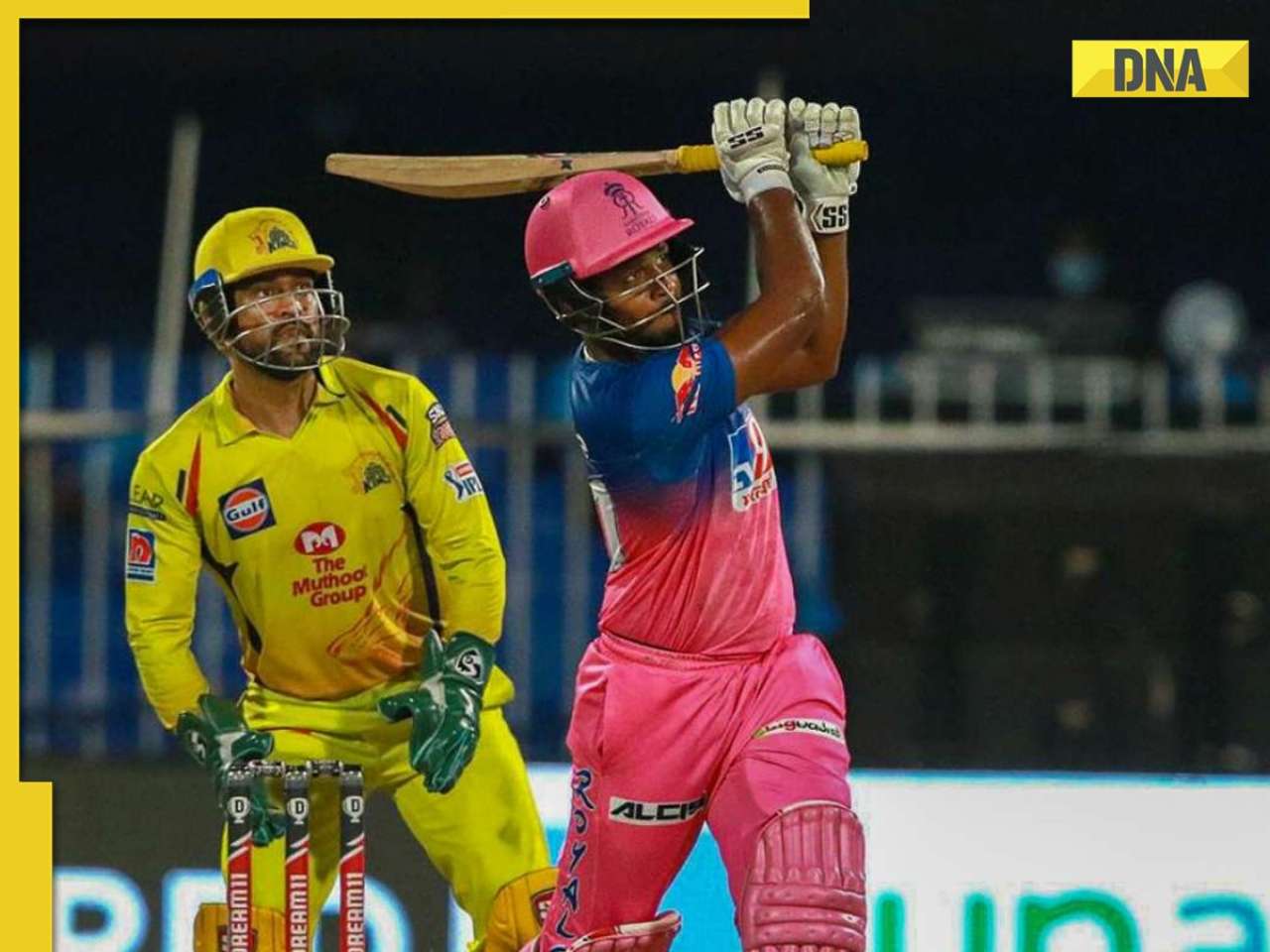
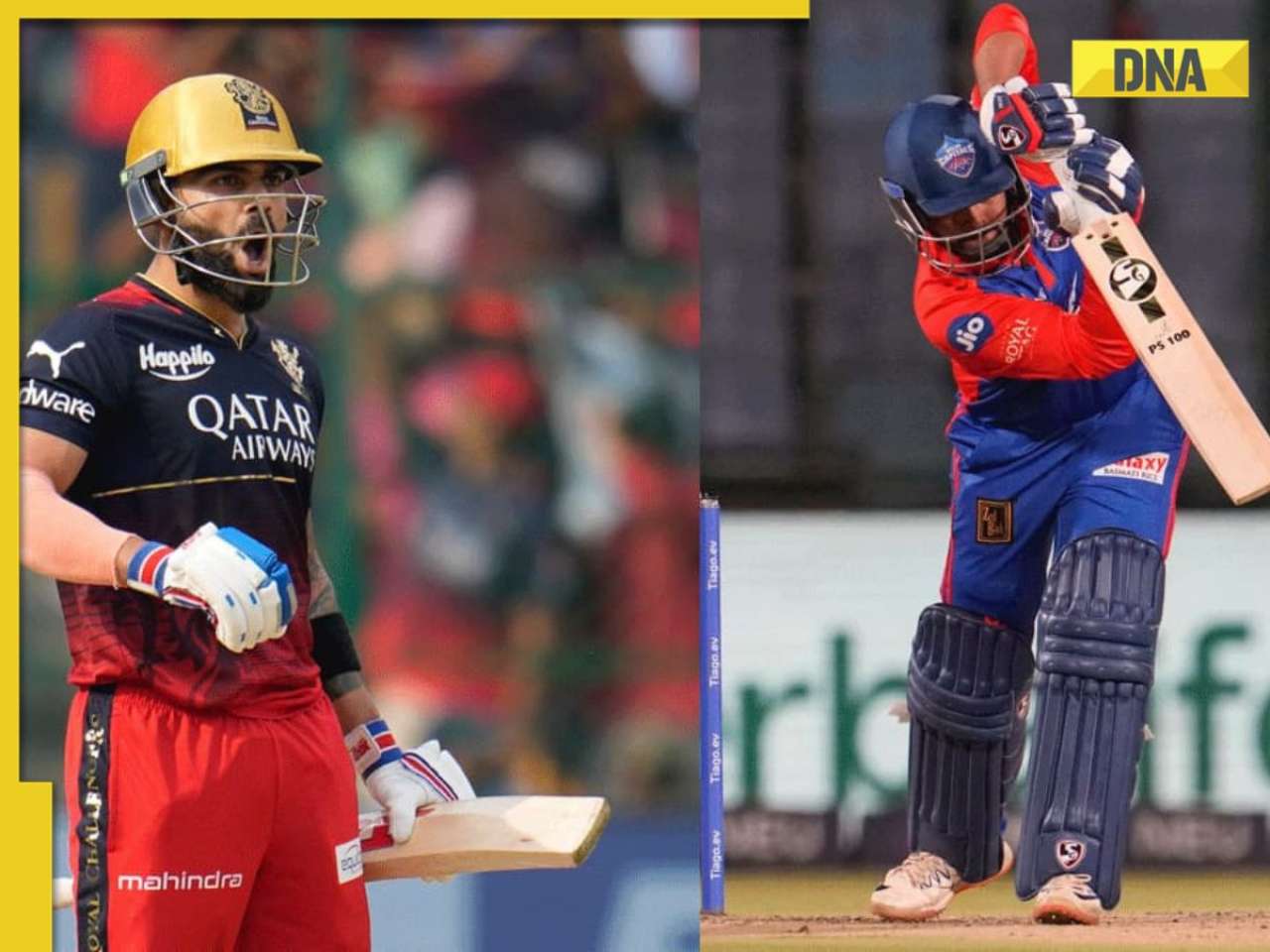


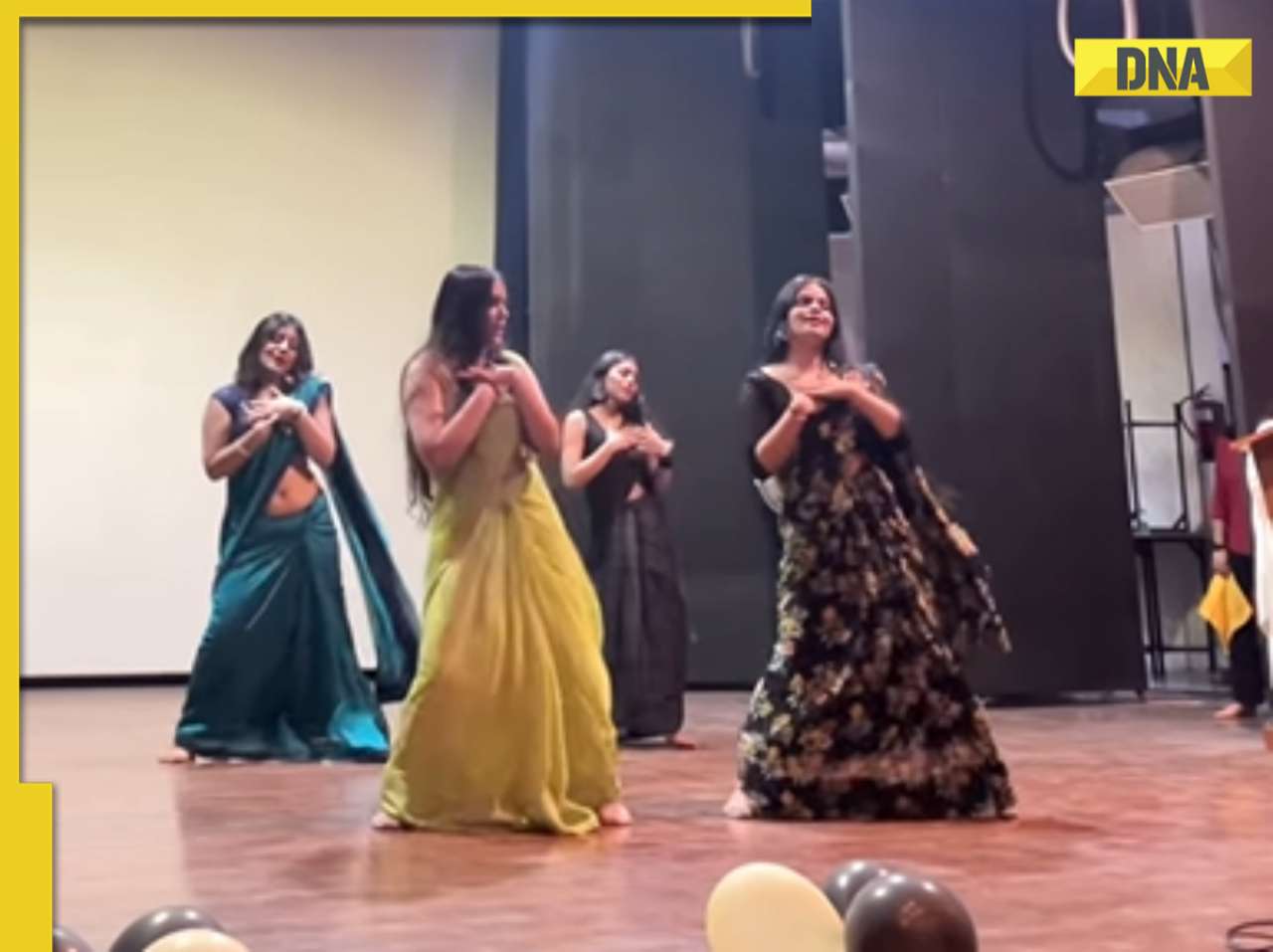









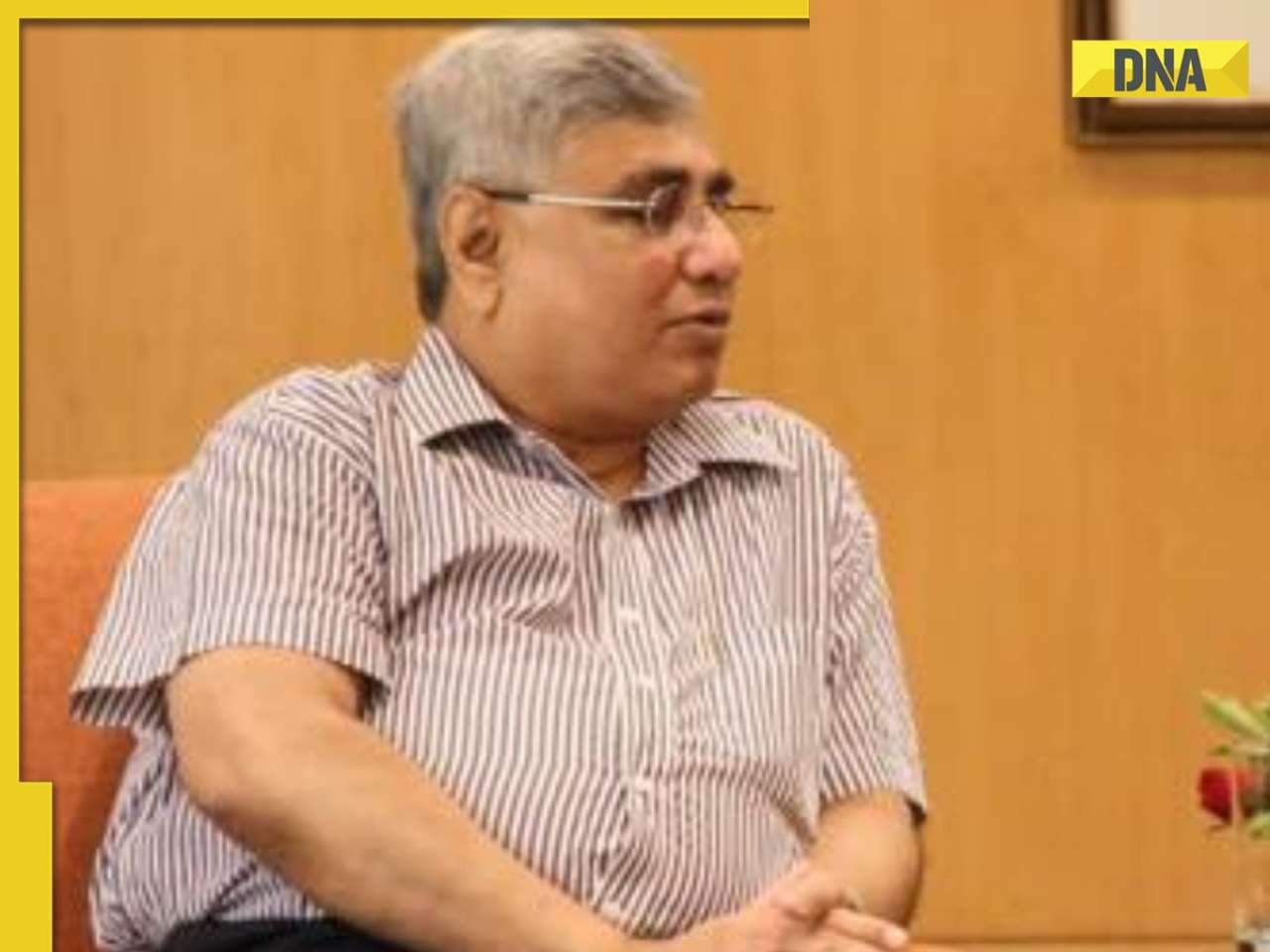










)
)
)
)
)
)